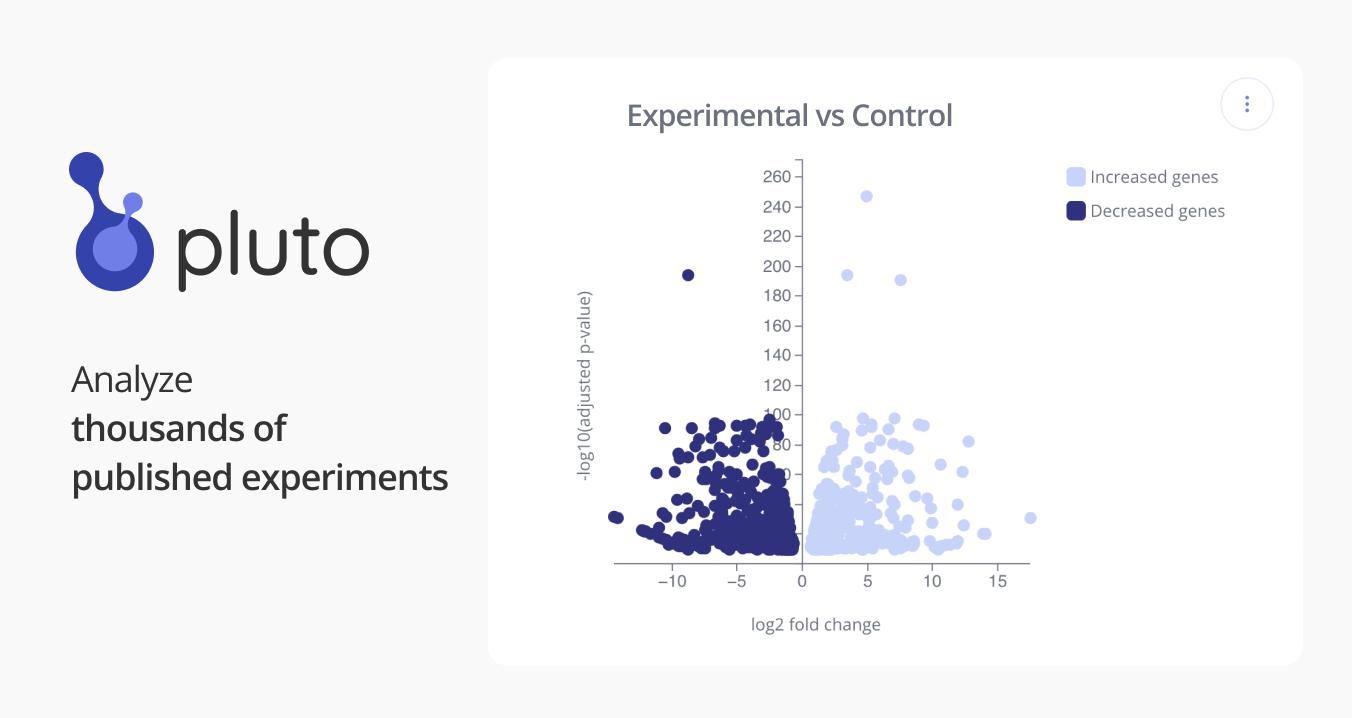Pluto Bioinformatics
GSE71511: ARID1A loss impairs enhancer-mediated gene regulation and drives colon cancer in mice [HCT116_RNA-seq]
Bulk RNA sequencing
Genes encoding subunits of SWI/SNF chromatin remodeling complexes are collectively mutated in ~20% of all human cancers. Although ARID1A is the most frequent target of mutations, the mechanism by which its inactivation promotes tumorigenesis is unclear. Here, we demonstrate that Arid1a functions as a tumor suppressor in the mouse colon, but not the small intestine, and that invasive ARID1A-deficient adenocarcinomas resemble human colorectal cancer (CRC). These tumors lack deregulation of APC/beta-catenin, crucial gatekeepers in common forms of intestinal cancer. ARID1A normally targets SWI/SNF complexes to enhancers, where they function in coordination with transcription factors (TFs) to facilitate gene activation. ARID1B preserves SWI/SNF function in ARID1A-deficient cells, but defects in SWI/SNF targeting and control of enhancer activity cause extensive dysregulation of gene expression. These findings represent an advance in colon cancer modeling and implicate enhancer-mediated gene regulation as a principal tumor suppressor function of ARID1A. SOURCE: Peter,J,Park (peter_park@harvard.edu) - Harvard Medical School
